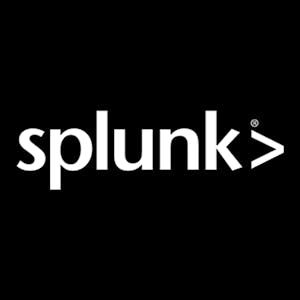Mechanics: Motion, Forces, Energy and Gravity, from Particles to Planets
About this Course
Most of the phenomena in the world around you are, at the fundamental level, based on physics, and much of physics is based on mechanics. Mechanics begins by quantifying motion, and then explaining it in terms of forces, energy and momentum. This allows us to analyse the operation of many familiar phenomena around us, but also the mechanics of planets, stars and galaxies. This on-demand course is recommended for senior high school and beginning university students and anyone with a curiosity about basic physics. (The survey tells us that it\'s often used by science teachers, too.) The course uses rich multimedia tutorials to present the material: film clips of key experiments, animations and worked example problems, all with a friendly narrator. You\'ll do a range of interesting practice problems, and in an optional component, you will use your ingenuity to complete at-home experiments using simple, everyday materials. You will need some high-school mathematics: arithmetic, a little algebra, quadratic equations, and the sine, cosine and tangent functions from trigonometry. The course does not use calculus. However, we do provide a study aid introducing the calculus that would accompany this course if it were taught in a university. By studying mechanics in this course, you will understand with greater depth many of the wonders around you in everyday life, in technology and in the universe at large. Meanwhile, we think you\'ll have some fun, too.Created by: UNSW Sydney (The University of New South Wales)

Related Online Courses
Do you know that research shows that progressive web apps can increase user engagement by 180%? In this 1.5-hour long project-based course, you will learn the basics of creating a progressive web... more
This course is the continuation of Healthcare Analytics Essentials . If you have not yet taken the Healthcare Analytics Essentials course, it is recommended that you complete that course prior to... more
By completing the Splunk Knowledge Manager 101, 102 & 103, you will be able to create knowledge objects including lookups, data models, and different types of fields. In addition to this, you will... more
In this course, you will learn how to improve the quality of your code and strengthen your current DevOps practices by using Amazon CodeGuru Reviewer. You will also learn how to integrate CodeGuru... more
By the end of this project, you will understand how HR analytics are used to perform several analyses such as analyze total headcount to be hired, consolidate the position details, provide insights... more








